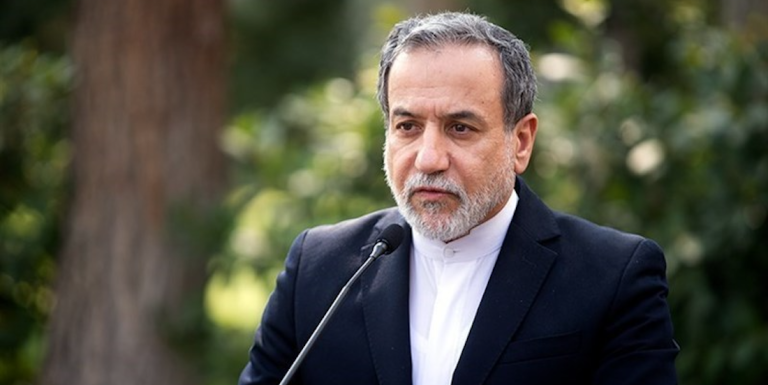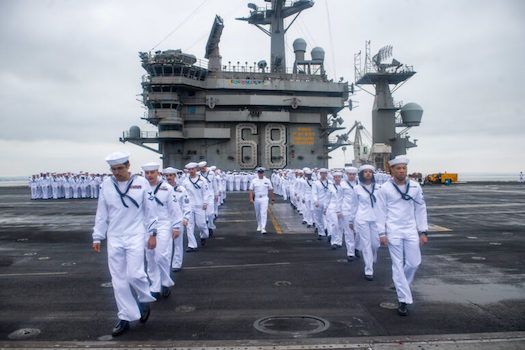
Tehran reserves right to respond following American military action against three Iranian nuclear facilities
New York, N.Y. – Iran‘s foreign minister has declared that his country reserves the right to retaliate against the United States following American strikes on Iranian nuclear facilities, escalating tensions in an already volatile region where diplomatic solutions appear increasingly distant.
Iran Condemns U.S. Actions as International Law Violations
Iranian Foreign Minister Abbas Araqchi delivered a stern warning during a press conference held on the sidelines of an Organization of Islamic Cooperation meeting in Istanbul on Sunday. According to Tasnim News Agency, Araqchi stated that “the US will have to take full responsibility for the consequences of its attacks on Iran’s nuclear facilities.”
The diplomatic rebuke came after U.S. forces conducted military strikes on three Iranian nuclear sites early Sunday morning, marking a significant escalation in the ongoing conflict that has now entered its tenth day. Araqchi emphasized that the United States had “violated all international rules and regulations by striking Iran’s nuclear sites.”
The foreign minister’s comments underscore the gravity of the situation, as Iran positions itself to potentially respond with what officials describe as “all possible and necessary tools and solutions” to defend the nation’s sovereignty.

Tehran Invokes Right to Self-Defense Under U.N. Charter
Drawing upon international law, Araqchi highlighted Iran’s entitlement to self-defense under the U.N. Charter, stating that Tehran reserves the right to take “a series of options to respond to the U.S. attacks.” This legal justification provides Iran with a framework for potential retaliation while maintaining its position within international legal boundaries.
The Iranian leadership has made clear that the nation “will never compromise on its sovereignty, independence and territorial integrity,” according to the foreign minister’s statements. This unwavering stance suggests that Iran views the U.S. strikes not merely as military action but as an attack on fundamental principles of national sovereignty.
The invocation of the U.N. Charter represents a strategic diplomatic move, allowing Iran to
frame any potential response as legally justified self-defense rather than aggressive action.
This positioning could prove crucial in garnering international support or at least understanding for Iran’s next moves.
Diplomatic Negotiations Contingent on Cessation of Aggression
Perhaps most significantly for future peace prospects, Araqchi indicated that diplomatic negotiations would only resume if “acts of aggression against Iran come to a halt.”

This conditional stance on diplomacy suggests that the pathway to peaceful resolution has become considerably more complex following the U.S. strikes.
The foreign minister’s statement implies that Iran views continued dialogue as impossible under current circumstances, effectively placing the burden on the United States and its allies to de-escalate before meaningful negotiations can proceed.
This position could significantly complicate international efforts to find a diplomatic solution to the crisis.
The timing of these statements, delivered during an OIC meeting, also demonstrates Iran’s effort to rally support from Islamic nations and present a united front against what it characterizes as American aggression.
Regional Implications and International Response
The strikes on Iranian nuclear facilities represent a dramatic escalation in what began as tensions involving the “Zionist regime’s war of aggression against Iran,” according to Iranian characterizations. The expansion of the conflict to include direct U.S. military action against Iranian nuclear infrastructure marks a new phase in regional hostilities.
The targeting of nuclear facilities raises particular concerns given the potential for environmental consequences and the symbolic significance of such strikes. Nuclear sites typically fall under special protections in international law, making the U.S. decision to target them especially provocative from Iran’s perspective.
International observers will likely monitor closely how other nations respond to this escalation, particularly given the involvement of nuclear facilities and the potential for broader regional conflict.
The situation continues to develop as both nations appear to be positioning for further confrontation rather than de-escalation. Iran’s promise to employ “all possible and necessary tools” in its defense suggests that the cycle of escalation may continue, with potentially serious consequences for regional stability and global security.
As tensions mount, the international community faces the challenge of preventing further escalation while addressing the underlying issues that led to this crisis.